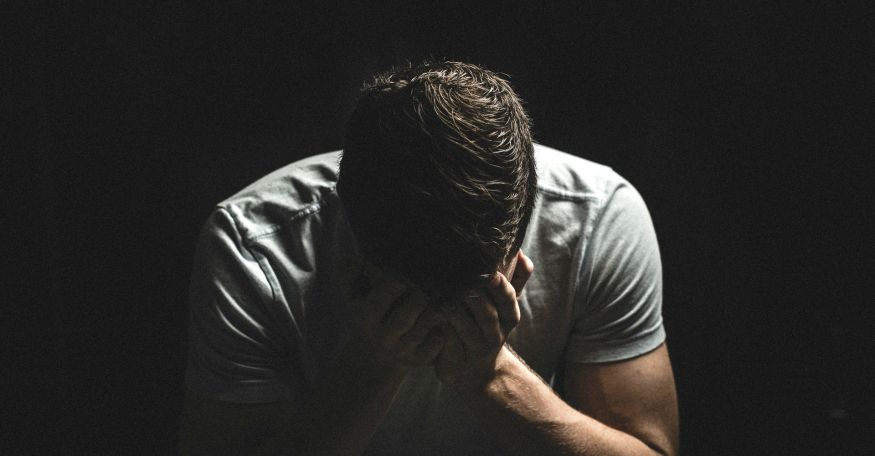
Understanding PTSD
What is PTSD?
Post-Traumatic Stress Disorder, or PTSD, is an anxiety disorder that affects people that have witnessed or experienced a life-threatening event or incident. We often associate PTSD with soldiers that have been in intense combat situations, but PTSD can also affect people that have experienced a vehicle accident, sexual abuse, domestic violence or a natural disaster.
It is normal for anyone to feel disoriented after a life-threatening event. This could include disrupted sleep patterns, uneasy feelings, jitteriness, and difficult memories. For most of us these feelings will subside within a few weeks or months, but somebody that is experiencing PTSD will continue to be affected by these symptoms over a longer period of time.
What are the symptoms of PTSD?
There are four main symptoms of PTSD which can differ from person to person.
You may relive the experience through nightmares, memories or flashbacks which make it feel like it is happening again.
You may avoid people, places or situations that remind you about the traumatic event you experienced. Talking about the event may also be difficult.
You may have negative feelings about life and you may blame yourself for what happened, even when it was out of your control. You may lose interest in your favourite hobbies and withdraw yourself from your loved ones.
You may become anxious and worried about another threatening experience even when there isn’t the risk of one. This can change your attitude and emotions, making you angry, upset or easily startled.
What are the risks associated with PTSD?
It is important to manage your PTSD sooner rather than later. Not seeking treatment can have an adverse effect on your health, and it can lead to other mental health concerns such as depression and anxiety.
A lot of individuals with PTSD turn to drugs or alcohol in order to suppress their emotions, which in itself can have a detrimental effect. This in turn affects personal and working relationships.
In more severe cases, people with PTSD may turn to self-harm or even suicide.
What PTSD support is available in Cheshire?
Luckily, there is a great deal of support available both in Cheshire and online.
Visiting your GP for an initial assessment is a good first step to make. They can then refer you to a mental health specialist for further assessment; this is so they can advise the best course of treatment for your condition.
You can also choose from a range of psychological treatments including Cognitive Behavioural Therapy (CBT) and peer-led support groups.
Peer-led support groups involve meeting other people that are experiencing PTSD and talking openly about experiences. Support groups are often a great way to understand PTSD and to find coping mechanisms through the experiences of others.
Our website lists a range of professional services, community groups and virtual resources that offer support for individuals experiencing PTSD in Cheshire. Search now by selecting Post Traumatic Stress as your condition and using your postcode to find the nearest available services.
